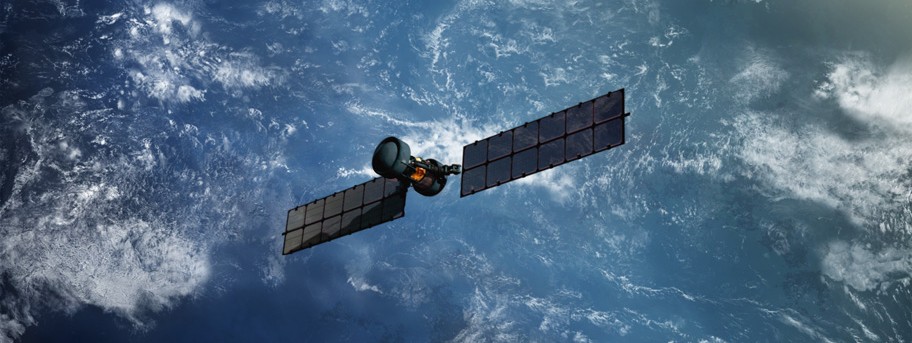The University of Nottingham
 Exchange online
Exchange online
Research Exchange
New technique to counter effects of solar activity on GNSS

It’s long been known that increased activity related to the 11-year solar cycle may disrupt Global Navigation Satellite Systems (GNSS). As we approach the 2013 solar maximum, researchers at the Nottingham Geospatial Institute (NGI) have developed a new technique which retains a high degree of accuracy under adverse ionospheric conditions.
One of the major threats to our ever-increasing dependence on GNSS technology is the sun, with solar-related phenomena affecting in particular the Earth’s upper atmosphere — the ionosphere. Effects such as ionospheric scintillation — fluctuations in the GNSS satellites signal phase and amplitude caused by disturbances in the ionosphere — may corrupt signal tracking. GNSS technology currently has little or no protection from this disruptive phenomenon.
Researchers at the NGI have developed a new technique that improves GNSS positioning accuracy under the adverse tracking circumstances that arise during ionospheric disruptions. The technique improves position estimates without using external models to predict the distorting scintillation effects.
The new technique is particularly useful for applications demanding a high degree of accuracy, such as those relying on Precise Point Positioning (PPP) technology — an advanced GNSS positioning method that is currently under development. The technique proposed at the NGI uses information that can be extracted from any GNSS receiver in real time as it ‘senses’ the effects of the ionosphere. This information can then be applied to counter ionospheric disturbances that currently limit the accuracy attainable by the PPP technology.
The new method will be valuable across a range of industries — from dynamic positioning in oil exploration and production to precision agriculture, where the automated localised application of pesticides and fertilisers requires high levels of accuracy to maximise yield and profit while reducing carbon footprint. Fields such as surveying, geodesy, mapping and construction would also benefit.
The technique is currently in the test phase, with promising initial results.
Dr Marcio Aquino, Principal Research Fellow at the Nottingham Geospatial Institute, is leading a number of projects addressing the effects of ionospheric disturbances on GNSS.
“Global Navigation Satellite Systems (GNSS) are now fully embedded in modern society, from in-car navigation to the timing of global financial transactions,” he said. “We rely on them — which is why ensuring the accuracy of these systems used across the planet is a key research strand at the Nottingham Geospatial Institute.”
“Regions at both high and equatorial latitudes are particularly affected by these phenomena, including northern Europe, Latin America, India and parts of China. GNSS multiple frequency range measurements and special algorithms can be used to model the overall effect of the ionosphere. But the state of the ionosphere can be erratic, depending on prevailing solar activity and its influence on the geomagnetic field. This creates additional disturbances that aren’t so easy to model — which is why the new technique being developed at Nottingham is so important to industry.”
Research into the effects of solar-related phenomena on GNSS at NGI is currently funded through the EPSRC project Polaris and the FP7 project TRANSMIT — Training, Research and Application Network to Support the Mitigation of Ionospheric Threats.
Tags: engineering, global positioning, GNSS, Marcio Aquino, Nottingham Geospatial Institute, satellite, solar fluctuations
Leave a Reply
Other

Top prize for quantum physicist
A University of Nottingham physicist has won a prestigious medal from the Institute of Physics for […]

Zero carbon HOUSE designed and built by students comes home
Design and construct a low cost, zero carbon, family starter home, transport it to Spain, build […]